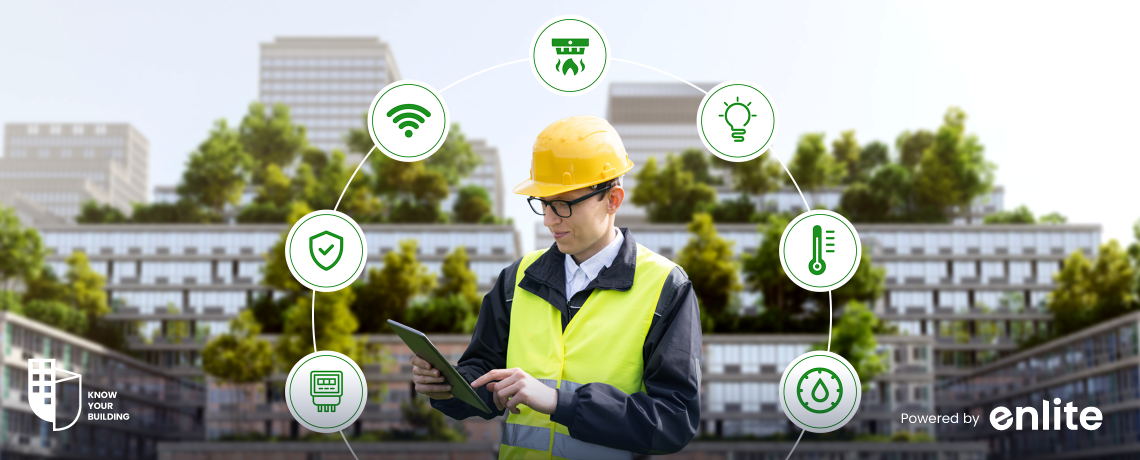The built environment is a major contributor to global CO2 emissions, responsible for roughly 40% of the total. As the world grapples with the climate crisis, the real estate industry is facing increasing pressure to become more sustainable. Building Management Systems (BMS) are emerging as powerful tools in this fight, offering a comprehensive approach to reducing energy consumption, improving resource efficiency, and creating healthier, more comfortable spaces.
What are Building Management Systems?
Imagine a central control center for your building’s entire nervous system. That’s essentially what a BMS is. This software application integrates and controls various building systems, including HVAC, lighting, security, water management, and more. Think of it as the conductor of a complex orchestra, ensuring all the components operate in harmony and with optimal efficiency.
Why are BMS Crucial for Sustainability?
By providing real-time data and insights into a building’s performance, BMS empowers owners and managers to make informed decisions that drive sustainability. Here’s how:
Energy Efficiency:
- Data-driven insights: BMS provides real-time data on energy consumption, highlighting areas for optimization.
- Automated adjustments: The system can automatically adjust settings based on factors like occupancy, weather, and time of day, minimizing energy waste.
- Predictive analytics: Advanced BMS use machine learning to predict energy needs and preemptively adjust settings for optimal efficiency.
Water Conservation:
- Leak detection: BMS can quickly identify and pinpoint leaks in water systems, minimizing water loss and associated costs.
- Smart irrigation: By monitoring weather and soil moisture levels, the system optimizes water usage for landscaping, preventing waste.
- Occupancy-based control: Water fixtures can be programmed to operate only when needed, further reducing consumption.
Waste Reduction:
- Smart waste management: BMS can integrate with waste management systems, optimizing collection routes and reducing waste hauling emissions.
- Energy-efficient appliances: The system can automatically turn off appliances when not in use, saving energy and minimizing waste.
- Occupancy-based lighting: Lights can be automatically adjusted based on occupancy, reducing energy consumption and associated waste.
Enhanced Indoor Air Quality:
- Ventilation control: BMS optimizes ventilation systems to ensure adequate fresh air intake and remove pollutants, creating a healthier environment.
- Air filtration: The system controls air filtration systems to remove dust, pollen, and allergens, improving air quality and occupant well-being.
- Temperature control: BMS maintains optimal temperature conditions, reducing energy consumption and further improving air quality.
Occupant Comfort and Productivity:
- Personalized comfort settings: BMS allows individual occupants to control their environment, leading to greater satisfaction and productivity.
- Reduced noise levels: The system optimizes equipment operation to minimize noise levels, creating a more peaceful and productive environment.
- Improved lighting conditions: BMS can optimize lighting levels to provide adequate illumination while minimizing energy consumption.
The Future of Sustainability and BMS
Technological advancements are rapidly transforming BMS into even more powerful tools for sustainability. Here are some exciting developments on the horizon:
- Integration with renewable energy sources: BMS will seamlessly integrate with solar, wind, and other renewable energy sources, minimizing reliance on traditional energy sources.
- Predictive maintenance: By analyzing system data, BMS can predict potential equipment failures and schedule maintenance before they occur, preventing costly downtime and associated energy waste.
- Big data analytics: BMS will leverage big data analytics to identify trends and opportunities for continuous improvement, leading to even greater efficiency and sustainability gains.














